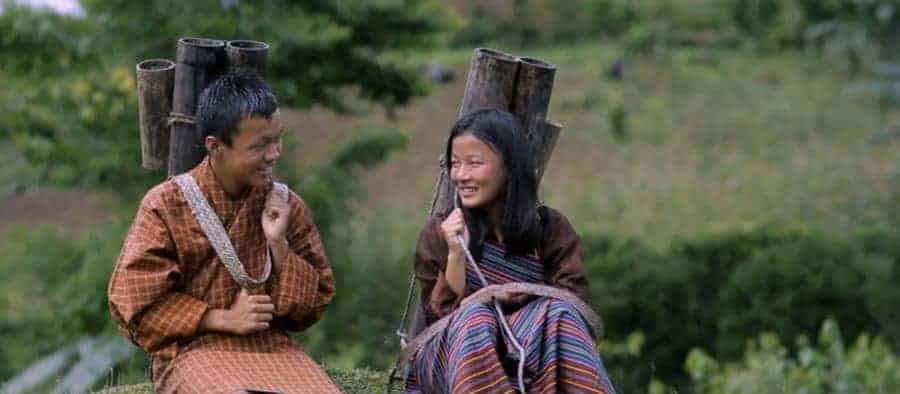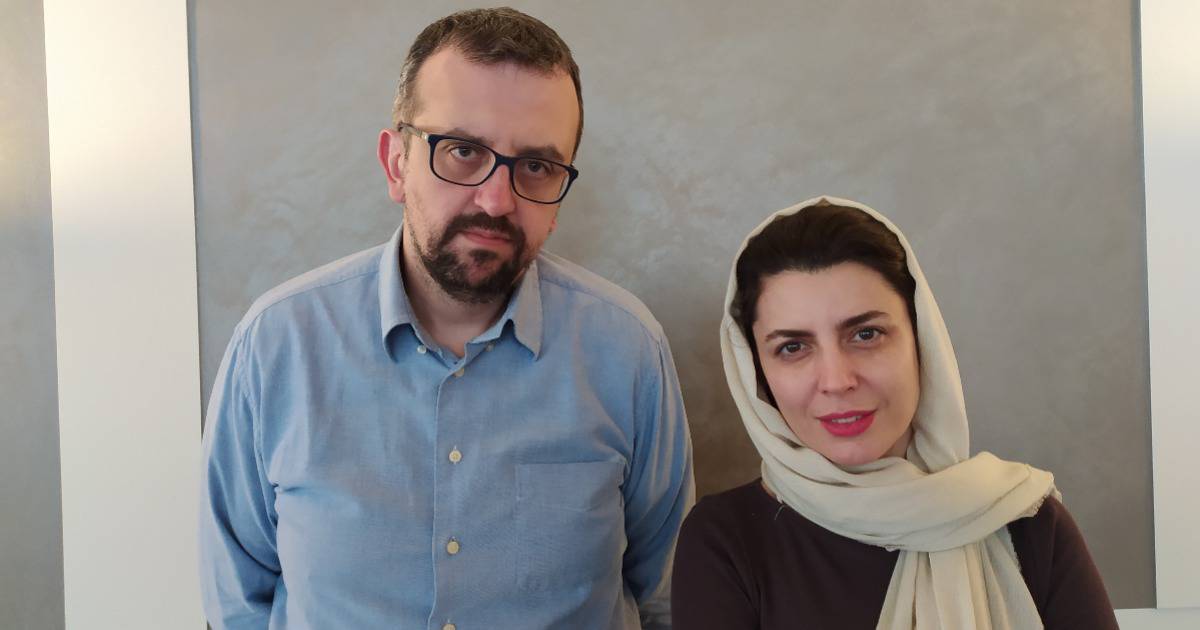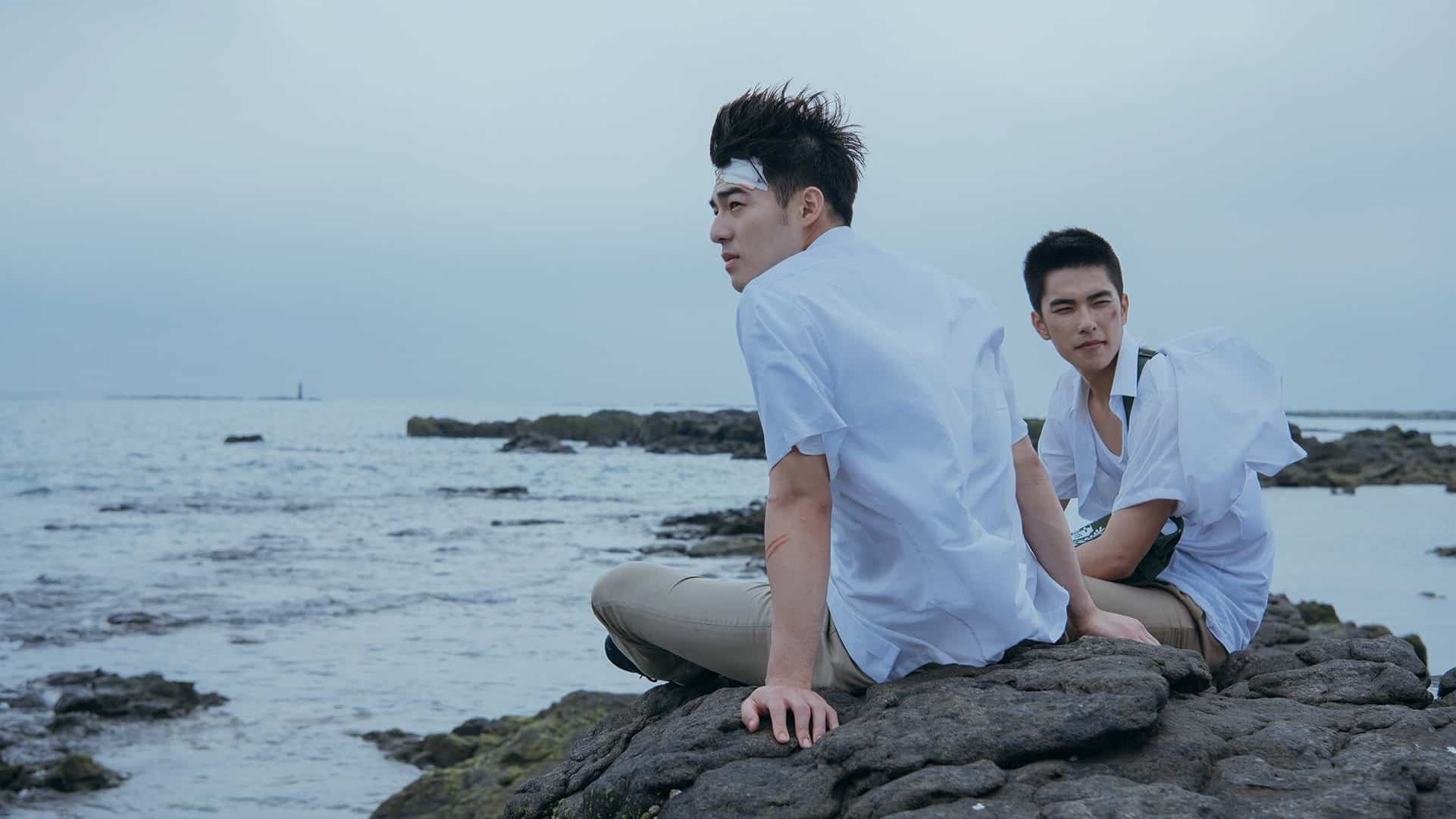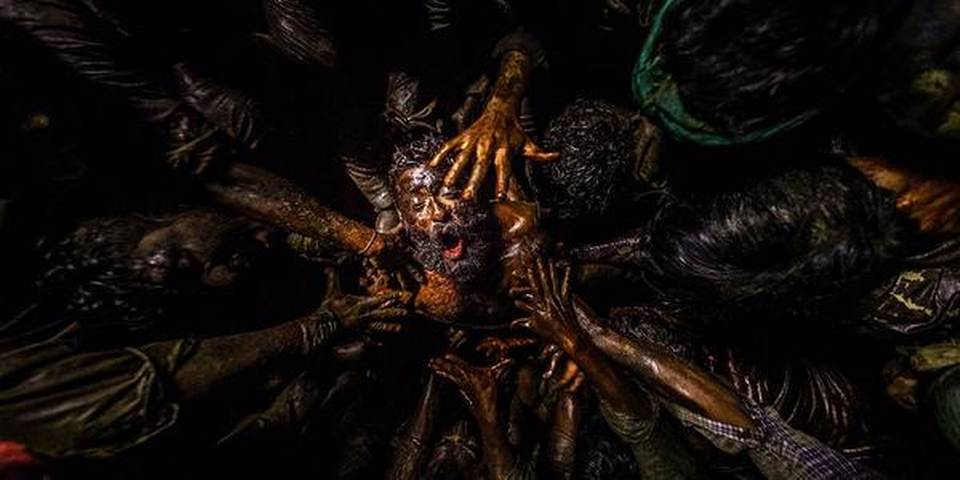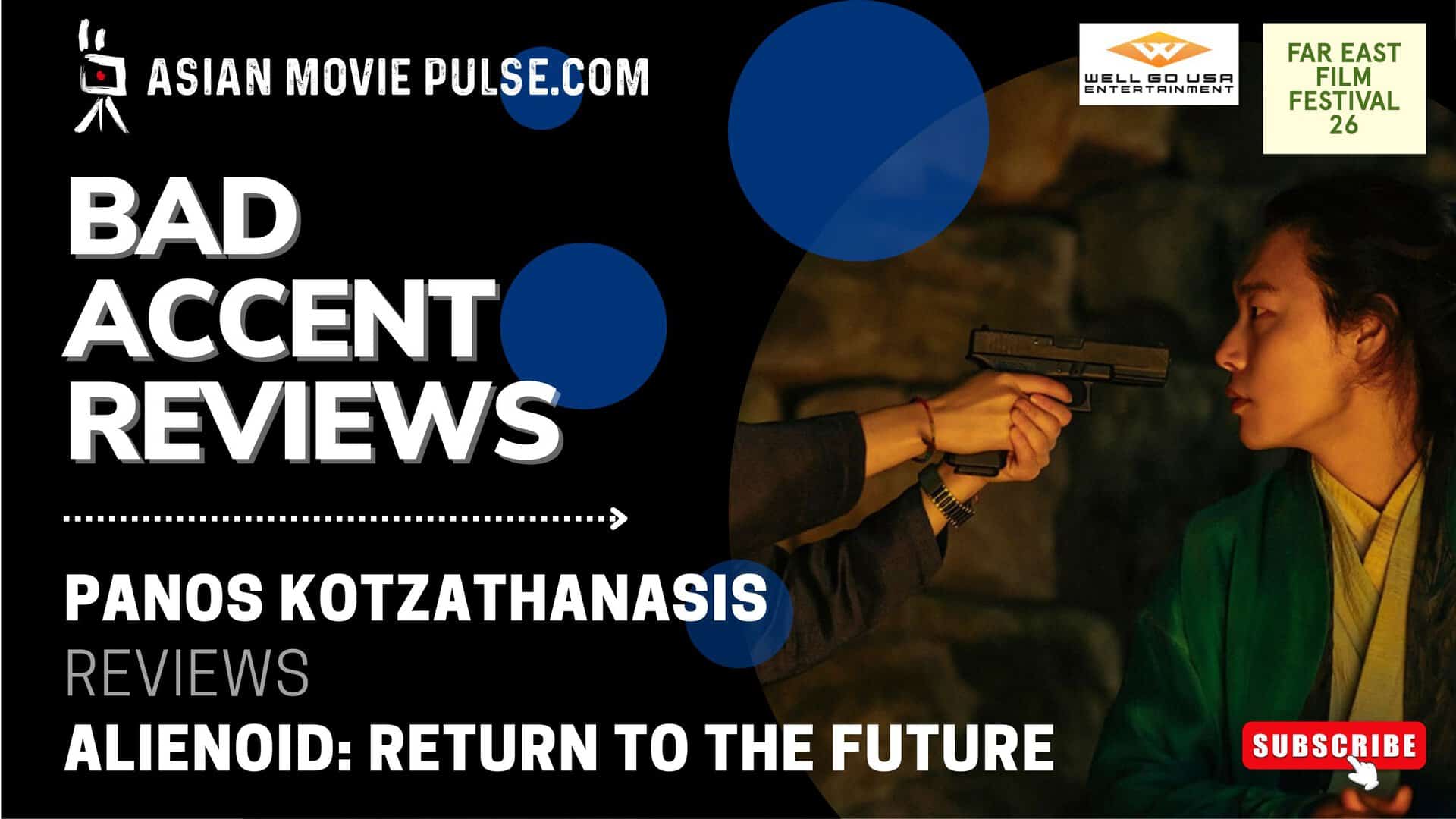South Korea provided the second largest contingent in support of South Vietnam, after the US, with roughly 325,000 Korean soldiers deployed to fight alongside the U.S. between 1964 and 1973. Essentially a mercenary force, the benefits Korea enjoyed for its participation had tremendous results in the economy of the country, with the GDP quadrupling between 1963 ― the year before soldiers were first deployed to Vietnam ― and 1973 ― the year of withdrawal. This however, is the only aspect of the country's participation that is mentioned in history books, since the fact that Korean soldiers participated in over 80 massacres (the exact number is unclear) is never discussed. On the other hand, in Vietnam, every February, many locals amass to pray and offer incense to console the victims of these events, on an occasion called Dai Han (Korean) Commemoration.
“Untold” is screening in Hong Kong Arts Centre on Sunday 27/6 at 7:30 pm
as part of Women Direct. Korean Indies! – Korean Women Independent Film series, under the signature programme of the Hong Kong Arts Centre, Independently Yours
Bora Lee-kil tracked three of the survivors of massacres and interviews them extensively regarding the events, while also recording Nguyen Thi Thanh's and other survivors visits to Korea in an effort to fight for the acknowledgement of the massacre of Vietnamese civilians by Korean soldiers, which neither the Korean nor the Vietnamese government has acknowledged. The documentary begins and ends with a tribunal organized in S. Korea for the case, in which Nguyen Thi Thanh testified.
The narrative of the film revolves around the narrations of the three survivors. Nguyen still vividly remembers the day she lost her mother and two siblingss in the 1968 Phong Nhi massacre. Nguyen Lap, a man with a visual impairment, and survivor of the 1968 Ha My Village massacre, narrates the story of losing his two brothers in the events. Dinh Cam, in probably the most memorable testimony in the film, is a deaf-mute who communicates his story through gestures and notes and drawings on paper, and also talks about the massacre he found himself involved into.
The result of the testimonies is chilling, as the fact that the Korean soldiers did not spare anyone in their death spree, including infants and women, in an effort to both fulfill their orders but also to hide their crimes, becomes evident in the most painful way. Ding Cam also adds another horrendous level in the events, by “speaking” about Korean soldiers raping Vietnamese girls during the war.
Bora's effort to present the story as analytically as possible does not stop there, as she also presents the everyday lives of the interviewees, including Nguyen's trip to S. Korea, in an effort to highlight how these events have actually shaped these people.
Furthermore, she also presents the side of the ones who fought in the war, whose thoughts on the subject are completely different. In their opinion, they were just following orders, while at the same time, they feel that their efforts, that led to the intense economic growth of the country, should be acknowledged and rewarded.
The interactions between the veterans and the Vietnamese seeking acknowledgement for the massacres is expectedly rather harsh, and quite sadly, seems almost identical with an issue that has the Koreans in the place of the victims, that of the comfort women of the World War II, who are still seeking vindication from the Japanese government for the atrocities committed against them. The way Korean government approaches these similar issues seems rather hypocritical, while highlighting the dramatic ridiculousness that follows wars even after they have ended, although the film does not touch upon this subject.

Overall, the research Bora has made, both regarding the past and the present is exceptional, and the selection of the individuals that share their memories, ideal. The footage from the tribunal (and the mention that its decision is, by no means, legally binding), the Dai Han Commemoration, the Ha My Massacre memorial and the mosaic of the events of the war cement the thoroughness of the approach, while allowing the film to become more cinematic. Furthermore, on occasion, and along with the segments of the interviewees' everyday life, provide a relief from the intensely dramatic premises of the documentary, while the scene where Dinh Cam is having a haircut, will definitely put a smile on the face of the viewer.
Bora's own editing is also excellent, connecting the many different types of footage in an ideal way, highlighting the issue with every detail, without tiring the viewer by lingering too much on any. Her visual approach, that avoids any images of bloodshed, also works quite well, for a subject that is already grotesque enough without the presence of such pictures.
“Untold” is an impressive documentary, which highlights an issue very rarely mentioned, through an approach that communicates its significance in the most eloquent manner.





